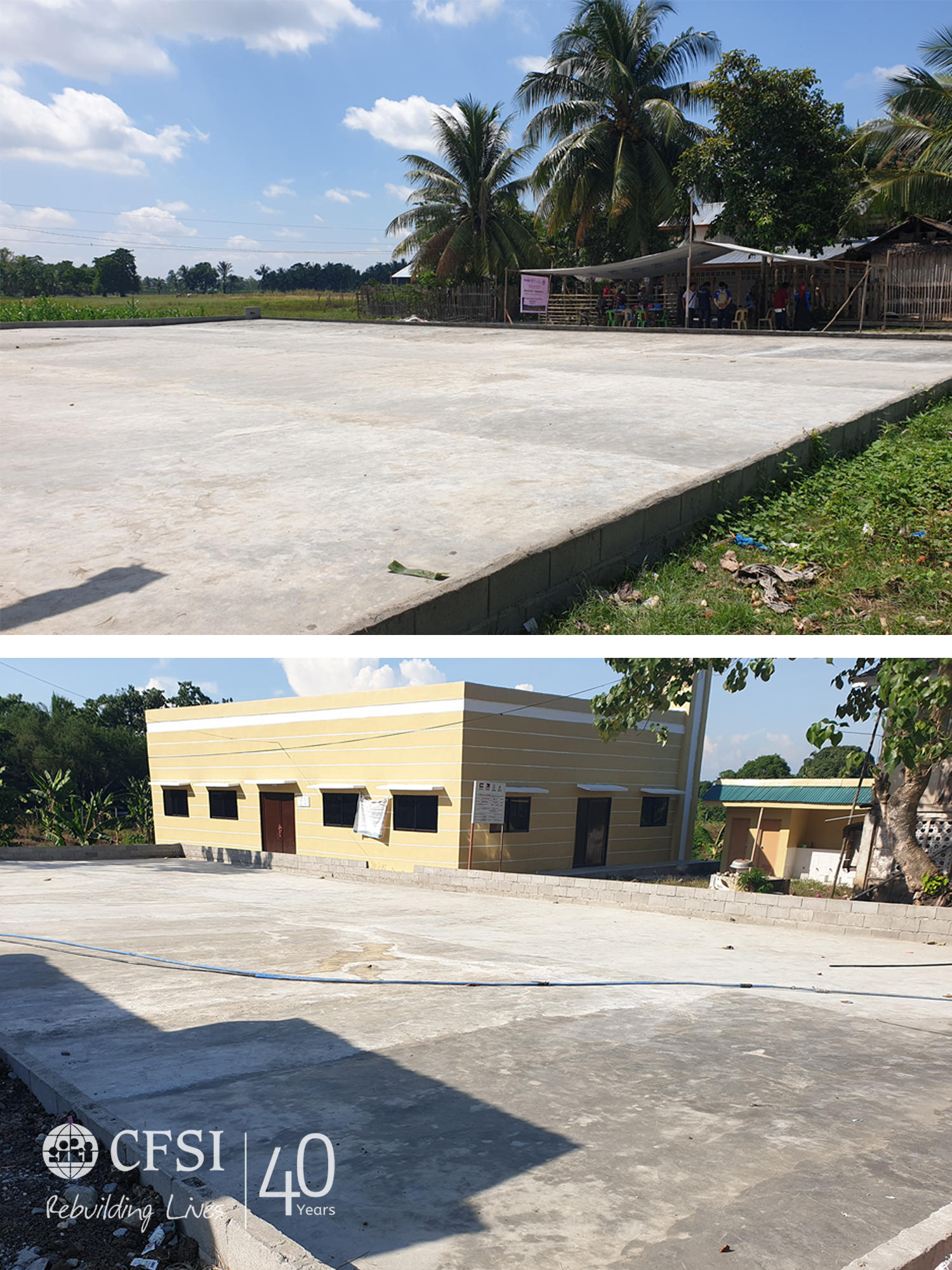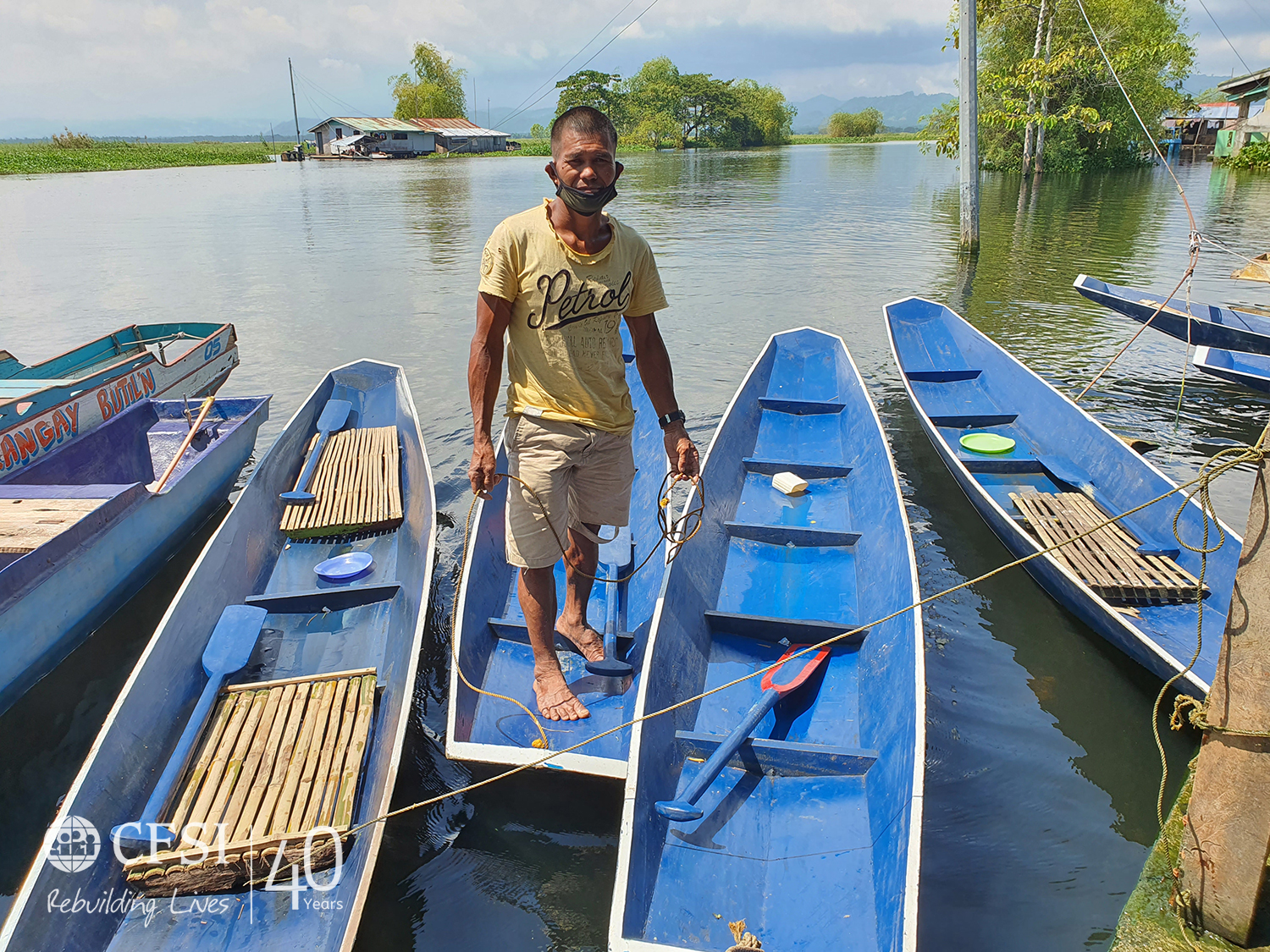Community and Family Services International (CFSI), through the Mindanao Protection Project (MPP), ensures environmental safeguards are in place throughout the entire implementation of quick-impact livelihood projects to prevent and mitigate unreasonable harm to people and the environment. To attain such, environmental and social risks are regularly assessed and addressed. The communities also prioritize the use of local and renewable resources for a more sustainable livelihood activity.
Converting Light into Heat
In 2019, solar dryers were built in the municipalities of Rajah Buayan and Datu Unsay in Maguindanao, Philippines as an aid to the farming activities of the community residents. Solar drying is one of the most cost-effective, renewable, and sustainable ways to conserve agricultural products. There were 270 households, whose farming is the main source of livelihood, that benefitted from the project.

270 households, whose primary source of livelihood is farming, benefitted from the solar dryers built in 2019.
Keeping the Waters Blue
In 2020, CFSI handed over manual boats to 19 fisherfolks in Barangay Butiren, Kabuntalan, Maguindanao to support their local fishing livelihood activity. The boats were made of eco-friendly materials using wood and biodegradable natural fiber, which do not pollute the waters. It also promotes zero fuel usage as paddles were used to operate the boats to avoid oil spills.

19 fisherfolk in Barangay Butiren, Kabuntalan, Maguindanao received manual boats in 2020 as livelihood support.
The solar dryers and manual boats were among the Quick Impact Projects (QIP) implemented through the MPP that aims to address the basic priority needs of communities. In 2020, 14 QIPs were implemented in Mindanao utilizing a participatory approach to ensure projects would be responsive to the actual needs of the residents.
MPP is implemented in partnership with UNHCR covering the province of Maguindanao and the Special Geographic Areas in the Province of North Cotabato under the Bangsamoro Autonomous Region in Muslim Mindanao (BARMM), Philippines. #

